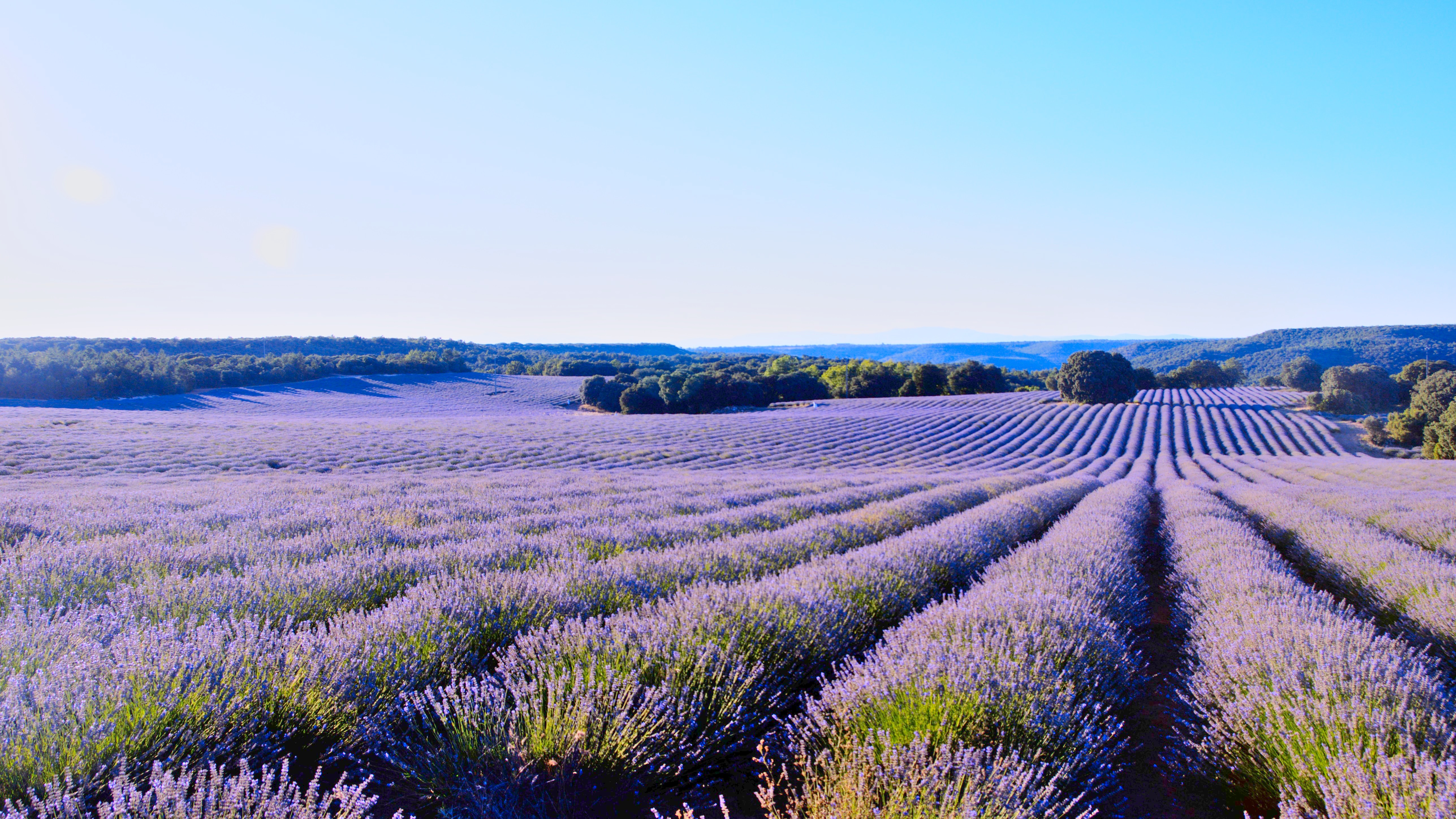The Parkinson’s Disease Protocol is an alternative approach to managing Parkinson’s disease, emphasizing natural remedies, dietary changes, and lifestyle modifications. While traditional treatment primarily relies on medication and sometimes surgical interventions to manage symptoms, this protocol advocates a more holistic approach. Here’s a summary of its main components:
1. Diet and Nutrition:
Anti-inflammatory Foods: Emphasizes consuming foods that reduce inflammation, such as leafy greens, berries, and fatty fish rich in omega-3 fatty acids.
Antioxidants: Encourages eating foods high in antioxidants, like fruits (especially berries), vegetables, nuts, and seeds, to combat oxidative stress.
Whole Foods: Focus on whole, unprocessed foods, avoiding refined sugars and processed foods.
Hydration: Importance of staying well-hydrated.
2. Detoxification:
Reduce Toxins: Suggests minimizing exposure to environmental toxins (pesticides, pollutants) and avoiding processed foods with artificial additives.
Detox Foods: Incorporating foods known for their detoxifying properties, such as cruciferous vegetables (broccoli, cauliflower), garlic, and green tea.
3. Supplements and Natural Remedies:
Vitamins and Minerals: Recommends supplements like Vitamin D, Vitamin B12, and CoQ10, which may support neurological health.
Herbal Supplements: Use of herbs like turmeric (curcumin), ginkgo biloba, and others purported to have neuroprotective benefits.
Essential Oils: Aromatherapy with essential oils like frankincense and lavender for their calming effects.
4. Exercise and Physical Therapy:
Regular Exercise: Encourages engaging in regular physical activity, such as walking, swimming, or yoga, to improve mobility and reduce symptoms.
Physical Therapy: Working with a physical therapist to develop a tailored exercise program that focuses on balance, strength, and flexibility.
Scientific Evidence
While there is some evidence supporting the benefits of lifestyle and dietary changes in managing Parkinson's disease symptoms, more research is needed to fully validate the efficacy of the Parkinson’s Disease Protocol. It is always advisable to consider both traditional and alternative methods under the guidance of a healthcare professional.
Diet and Exercise: There is supportive evidence suggesting that a healthy diet and regular exercise can improve symptoms and quality of life for individuals with Parkinson’s disease.
Supplements and Herbs: Research is ongoing, and while some studies show potential benefits, more comprehensive clinical trials are needed.
This holistic approach aims to support overall health and improve the quality of life for individuals with Parkinson’s disease through natural and lifestyle interventions. It’s essential to tailor these recommendations to individual needs and to work closely with healthcare professionals when implementing these changes.
Visit Here for More Information: https://tinyurl.com/yyr2ju6t
#parkinson, #disease, #dietandexercise, #physicaltherapy, #naturalremedies
1. Diet and Nutrition:
Anti-inflammatory Foods: Emphasizes consuming foods that reduce inflammation, such as leafy greens, berries, and fatty fish rich in omega-3 fatty acids.
Antioxidants: Encourages eating foods high in antioxidants, like fruits (especially berries), vegetables, nuts, and seeds, to combat oxidative stress.
Whole Foods: Focus on whole, unprocessed foods, avoiding refined sugars and processed foods.
Hydration: Importance of staying well-hydrated.
2. Detoxification:
Reduce Toxins: Suggests minimizing exposure to environmental toxins (pesticides, pollutants) and avoiding processed foods with artificial additives.
Detox Foods: Incorporating foods known for their detoxifying properties, such as cruciferous vegetables (broccoli, cauliflower), garlic, and green tea.
3. Supplements and Natural Remedies:
Vitamins and Minerals: Recommends supplements like Vitamin D, Vitamin B12, and CoQ10, which may support neurological health.
Herbal Supplements: Use of herbs like turmeric (curcumin), ginkgo biloba, and others purported to have neuroprotective benefits.
Essential Oils: Aromatherapy with essential oils like frankincense and lavender for their calming effects.
4. Exercise and Physical Therapy:
Regular Exercise: Encourages engaging in regular physical activity, such as walking, swimming, or yoga, to improve mobility and reduce symptoms.
Physical Therapy: Working with a physical therapist to develop a tailored exercise program that focuses on balance, strength, and flexibility.
Scientific Evidence
While there is some evidence supporting the benefits of lifestyle and dietary changes in managing Parkinson's disease symptoms, more research is needed to fully validate the efficacy of the Parkinson’s Disease Protocol. It is always advisable to consider both traditional and alternative methods under the guidance of a healthcare professional.
Diet and Exercise: There is supportive evidence suggesting that a healthy diet and regular exercise can improve symptoms and quality of life for individuals with Parkinson’s disease.
Supplements and Herbs: Research is ongoing, and while some studies show potential benefits, more comprehensive clinical trials are needed.
This holistic approach aims to support overall health and improve the quality of life for individuals with Parkinson’s disease through natural and lifestyle interventions. It’s essential to tailor these recommendations to individual needs and to work closely with healthcare professionals when implementing these changes.
Visit Here for More Information: https://tinyurl.com/yyr2ju6t
#parkinson, #disease, #dietandexercise, #physicaltherapy, #naturalremedies
The Parkinson’s Disease Protocol is an alternative approach to managing Parkinson’s disease, emphasizing natural remedies, dietary changes, and lifestyle modifications. While traditional treatment primarily relies on medication and sometimes surgical interventions to manage symptoms, this protocol advocates a more holistic approach. Here’s a summary of its main components:
1. Diet and Nutrition:
Anti-inflammatory Foods: Emphasizes consuming foods that reduce inflammation, such as leafy greens, berries, and fatty fish rich in omega-3 fatty acids.
Antioxidants: Encourages eating foods high in antioxidants, like fruits (especially berries), vegetables, nuts, and seeds, to combat oxidative stress.
Whole Foods: Focus on whole, unprocessed foods, avoiding refined sugars and processed foods.
Hydration: Importance of staying well-hydrated.
2. Detoxification:
Reduce Toxins: Suggests minimizing exposure to environmental toxins (pesticides, pollutants) and avoiding processed foods with artificial additives.
Detox Foods: Incorporating foods known for their detoxifying properties, such as cruciferous vegetables (broccoli, cauliflower), garlic, and green tea.
3. Supplements and Natural Remedies:
Vitamins and Minerals: Recommends supplements like Vitamin D, Vitamin B12, and CoQ10, which may support neurological health.
Herbal Supplements: Use of herbs like turmeric (curcumin), ginkgo biloba, and others purported to have neuroprotective benefits.
Essential Oils: Aromatherapy with essential oils like frankincense and lavender for their calming effects.
4. Exercise and Physical Therapy:
Regular Exercise: Encourages engaging in regular physical activity, such as walking, swimming, or yoga, to improve mobility and reduce symptoms.
Physical Therapy: Working with a physical therapist to develop a tailored exercise program that focuses on balance, strength, and flexibility.
Scientific Evidence
While there is some evidence supporting the benefits of lifestyle and dietary changes in managing Parkinson's disease symptoms, more research is needed to fully validate the efficacy of the Parkinson’s Disease Protocol. It is always advisable to consider both traditional and alternative methods under the guidance of a healthcare professional.
Diet and Exercise: There is supportive evidence suggesting that a healthy diet and regular exercise can improve symptoms and quality of life for individuals with Parkinson’s disease.
Supplements and Herbs: Research is ongoing, and while some studies show potential benefits, more comprehensive clinical trials are needed.
This holistic approach aims to support overall health and improve the quality of life for individuals with Parkinson’s disease through natural and lifestyle interventions. It’s essential to tailor these recommendations to individual needs and to work closely with healthcare professionals when implementing these changes.
Visit Here for More Information: https://tinyurl.com/yyr2ju6t
#parkinson, #disease, #dietandexercise, #physicaltherapy, #naturalremedies
0 التعليقات
0 المشاركات
1136 مشاهدة






